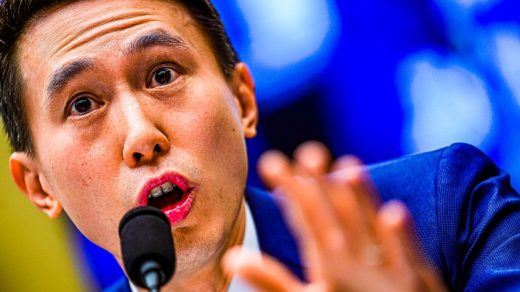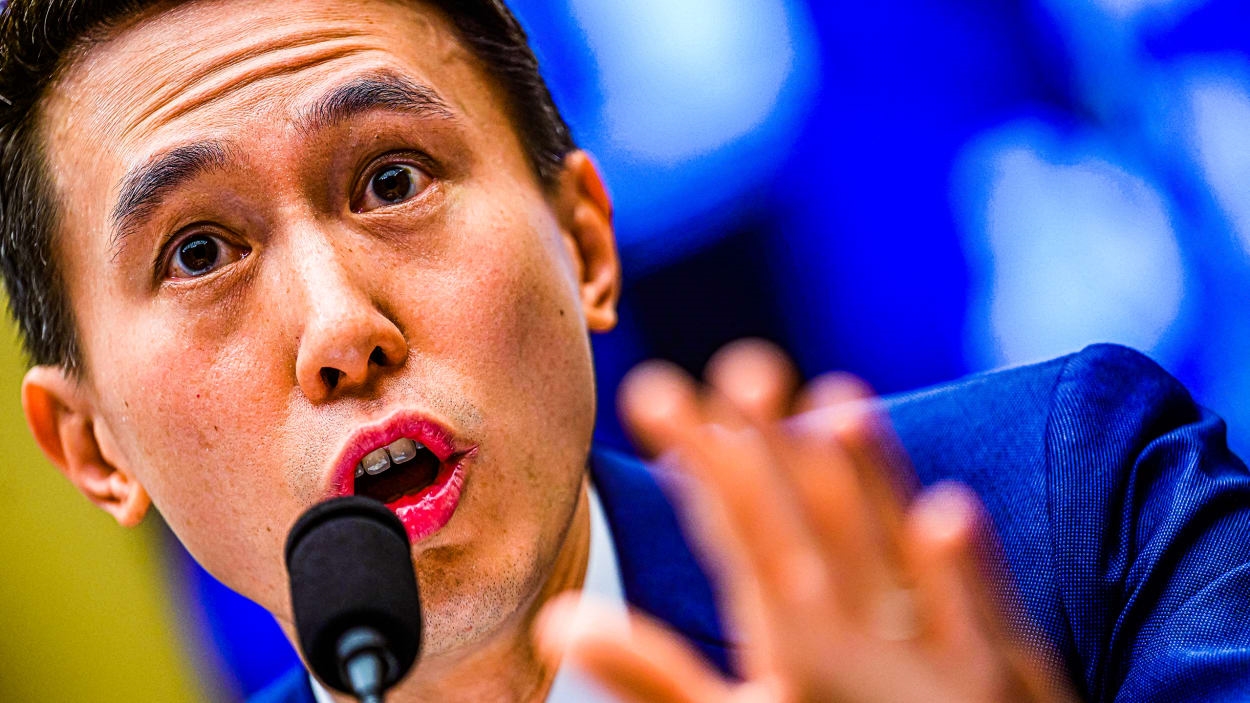Despite TikTok CEO’s best efforts, congressional sentiment remains strongly against the app
Give Shou Zi Chew credit for one thing. During his testimony before House lawmakers Thursday, the TikTok CEO managed to do something no politician or pundit has been able to achieve in decades: Bridge the political gap.
“You have unified Republicans and Democrats and if only for a day, we’re actually unified because we have serious concerns,” Texas Rep. August Pfluger, a Republican, told the social media executive, underlining the grave concerns both parties expressed during his nearly five-hour-long-appearance before the House Energy and Commerce Committee.
Chew was hammered throughout the day, as politicians peppered him with an exhaustive line of questioning on everything from user privacy to national security. The interrogation comes as the government weighs a possible ban on the company.
If you weren’t able to keep up with the testimony, here are a few highlights.
The tone was set early on
Rep. Cathy McMorris Rodgers of Washington State, a Republican, was the first to question Chew and asked him almost immediately to state “with 100% certainty” that the Chinese government couldn’t use the app as a surveillance tool on American citizens or manipulate the content they see. Chew replied that firewalls keep U.S. user data from “all unwanted foreign access” and “free from any manipulation from any government.”
Rodgers wasn’t satisfied.
“If you can’t say it 100% certain, I take that as a ‘no,’” she said.
Other panel members were just as skeptical. New Jersey Rep. Frank Pallone, a Democrat, told Chew, “I still believe that the Beijing communist government will still control and have the ability to influence what you do.”
China’s support couldn’t have come at a worse time
While one of Chew’s goals was to demonstrate that China has no influence on TikTok, that effort was undercut by a statement from the country’s government right before his testimony started that it would firmly oppose a sale of the company. Several representatives brought that up during their questioning.
“The CCP [Chinese Communist Party] believes they have the final say over your company,” Rep. Rodgers said. “I have zero confidence in your assertion that ByteDance and TikTok are not beholden to the CCP.”
TikTok versus Facebook
While Mark Zuckerberg was likely happy with the attention placed on his biggest social media rival, Chew wasn’t about to let Meta escape criticism. Asked if he would be willing to divest TikTok from Chinese ownership, he batted that idea down, pointing out one of U.S.-based Facebook’s biggest black eye—the Cambridge Analytica scandal.
A threat to committee chair Cathy Rodgers
Florida Rep. Kat Cammack, a Republican, caught Chew off guard by showcasing a TikTok video that showed a video of a gun being cocked and appeared to threaten Rep. Rodgers, naming her in a hashtag and giving the date of today’s hearing. That post, she said, had been on the platform for more than a month.
“This video has been up for 41 days. It is a direct threat to the chairwoman of this committee, the people in this room, and yet it still remains on the platform,” she said. “And you expect us to believe that you are capable of maintaining the data security, privacy, and security of 150 million Americans, where you can’t even protect the people in this room?”
After a break, the video was immediately removed.
Zhang Yiming remained as mysterious as ever
The ByteDance cofounder lost his CEO title during China’s tech crackdown in 2021, but is said to still be involved with the decision-making at TikTok’s parent company. But there were virtually no mentions of him during Thursday’s back-and-forth.
He came up at the end of the day, but only briefly—a surprising absence, given the little officials seem to know about the power structure at the company.
Chew seemingly failed to calm tensions
Despite his best efforts, Chew did not manage to ease lawmakers’ fears about the social media app.
Delaware Rep. Lisa Blunt Rochester, a Democrat, seemed to speak for the committee when she told him, “I learned that you have personalized data, advertising for kids as young as 13. And we’ve heard until Project Texas is supposedly stood up, engineers in China still have access to personal data. . . . I think that really summarizes why you see so much bipartisan consensus and concerns about your company. And I imagine that it’s not going away anytime soon.”
After the hearing wrapped up, Senators Mark Warner of Virginia, a Democrat, and John Thune of South Dakota, a Republican, confirmed that Chew’s testimony hadn’t cooled the situation down at all, issuing a joint statement saying, “Under PRC law, all Chinese companies, including TikTok, whose parent company is based in Beijing, are ultimately required to do the bidding of Chinese intelligence services, should they be called to do so. Nothing we heard from Mr. Chew today assuaged those concerns.”
(24)



